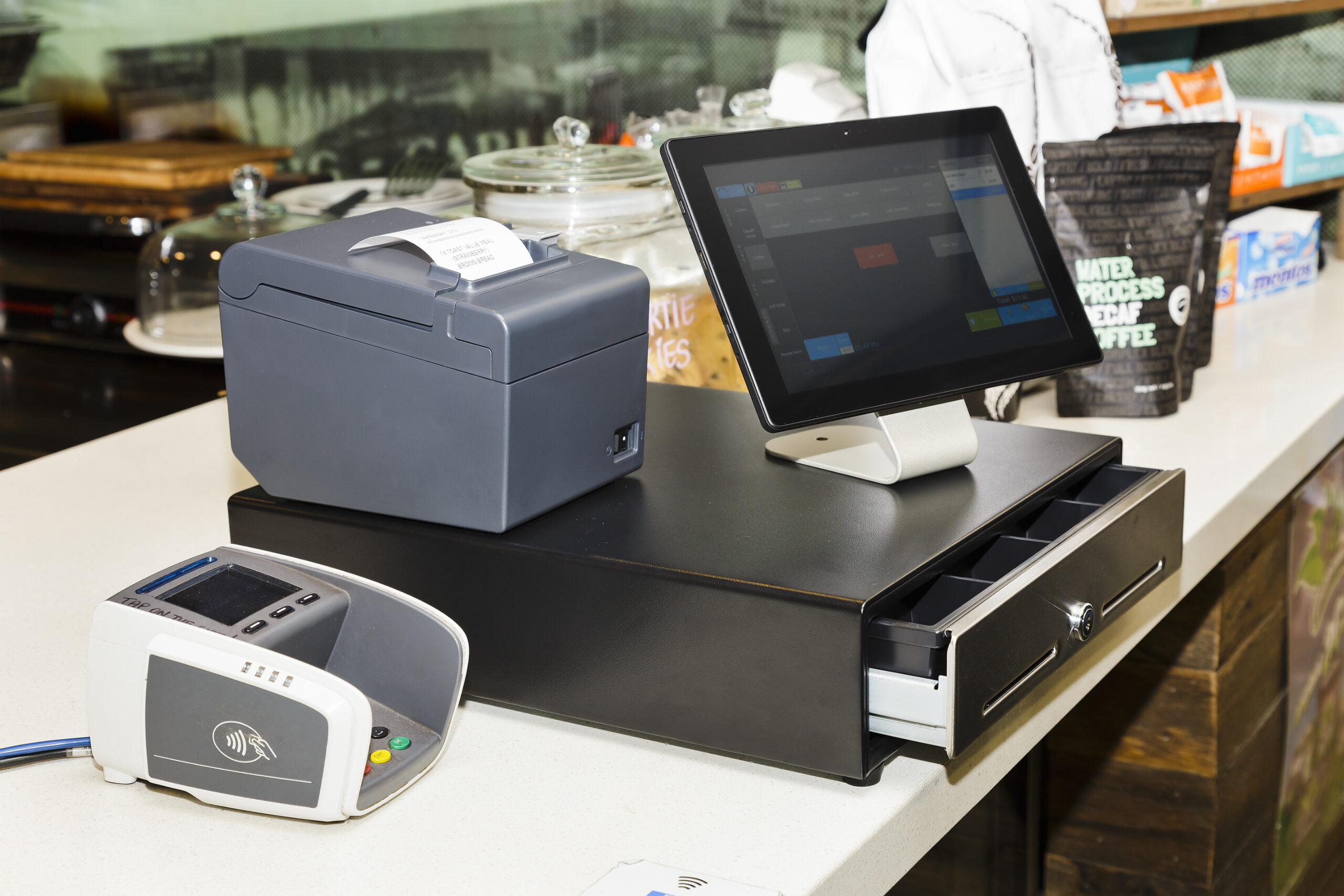How to Organize a New Office That Minimizes Work-Related Stress
When you are a business owner, you have to think not only about the profit and organisation around the office, but also about the happiness of your employees. Stress is one of the biggest setbacks for every business, because it affects the productivity and makes everyone unhappy, which is never a good thing. Here’s how to recognise the sources of work-related stress and how to deal with them:
The negative aspects of work-related stress
Like there are any positive aspects! Besides the direct symptoms like headache, high blood pressure, diabetes, etc., work-related stress triggers depression, anxiety and irritation. It affects our immune system, which makes us prone to a large variety of other infectious diseases, cancer, high blood pressure and heart problems. Long-term stress might also cause fertility problems, which are not uncommon in recent years. Psychological research shows that women who live in conditions of long-term stress have difficulty conceiving. I guess God has decided that stress is no good for a baby and therefore won’t let us have one if we are constantly under pressure.
Now enough with the apocalyptic pictures. Here is how to minimize stress at the office.
How to limit stress at the office
If you are an employer, one of the most important investments you will make is to invest in your employee’s health and wellbeing. One of the easiest ways to start doing so is creating a stimulating, relaxing environment that enhances productivity.
Before moving to the new office, make sure you organise a smooth and hassle-free relocation. Do not involve members of your staff and don’t allow heavy lifting on their behalf. Before moving, make sure you have picked a building large enough to accommodate all of you, and spacious enough to help you feel comfortable. As you will see later, space is important when it comes to people spending lots of time in a single place, every day, eight hours a day. However, more on that later in this hub.
One of the first things to remember is that we, as humans, have 5 senses – we hear, we see, we feel, we taste, we smell. Avoid everything that stresses these senses.
Sight-related stress triggers
Avoid painting the office in bold, irritating colours.
Go for:
- Blue. Professionals suggest choosing blue. Some of its softer, pale shades are relaxing and increase read-willingness, as well as productivity. Blue is sometimes related to depression and sadness, but combined with another colour could do wonders for your employees’ productivity.
- Green. Picks you up immediately after you’ve looked at it and it’s a very energetic and natural colour.
- Light Grey. Gray always sounds depressing, but it is much better than white, hospital-like walls. Grey is actually known for its productivity-enhancing qualities. One other benefit is that it does not reflect light or irritate the eyes as white does.
Avoid:
- Purple – a very engaging colour that makes you daydream. Concentration will suffer a great deal.
- Yellow – hard on the eyes.
- Red – increases blood pressure.
Choose healthy office lights
Bad lighting could also become a source of stress after a while. Bad office lights are not only causing stress in employees in ways they don’t notice, but they also stress their eyes, quite literally, causing a large variety of problems such as itchy eyes, blurred vision, dry eyeballs, etc. If you want to keep your employees healthy and productive, you should make sure they work in a healthy office, with healthy lamps and plenty of natural light coming from windows. There’s a lot of information about that online, but for best results, you need to speak to lighting professionals.
Enforce cleanliness and avoid clutter
Keeping your workspace clean is one of the most important tasks that ensure a healthy office space. In order to maintain a clean surrounding that boosts the workflow, you’ll need to regularly clean up after yourself and the same goes for everybody else who works in the office. Wipe your desk daily and make sure no bread crumbs are stuck in your keyboard. Offices tend to be ten times dirtier than common toilets, so next time you eat a snack while typing and browsing the web, think about the importance of keeping your desk as clean as possible.
No matter if you run a small office or a large corporation, regular cleaning of the premises is essential for keeping the premises germ-free. The best solution is to hire a commercial cleaning team, but if you’re just starting out on the market and manage a really small team, you might try making a quick cleanup schedule and sticking to it each day.
Washing your hands after going to the bathroom or wiping the crumbs of the cupboard after eating is just basic hygiene. Regardless, if you want to work in a clean and healthy environment, licensed cleaning experts agree that you need to set some rules.
Waste can quickly build up in an office where paper, sticky notes and office supplies are commonly used. No matter how big or small your office is, you need to make a regular weekly clean up. Check which items are important and throw away the ones which you won’t need. Clutter generates subconscious stress in everyone, so try to avoid it.
Eye contact
Eye contact between colleagues might be a good idea in situations where colleagues need to discuss a project or an idea, need to form a bond and have to work in teams. In other situations, however, it could be distracting and even stressful to work too close to colleagues, when you become a subject of glances or have awkward and distracting eye contact with co-workers. The same applies when you work with sensitive data or are bothered by people constantly peeking at your computer. In such cases, cubicles are strongly recommended.
Smell-related stress triggers
Obviously, a nasty odour in the office is not only unpleasant and annoying to everyone, but it could cause unwanted stress and distractions. If you haven’t done so already, do so now – forbid food on desks and eating in the office. Have a separate kitchen and/or cafeteria where people can eat all they want, whatever they want, without distracting others with the smell. Instead, add a nice scent that will energize your colleagues, like lavender, tea tree oil, or something fruity. Try to use natural essential oils, instead of carcinogenic sprays.
When it comes to unpleasant smells – make sure the office is well ventilated, the windows are being opened often and fresh air is allowed. Lack of fresh air makes the brain sleepy and causes loss of concentration.
Other sources of stress
If you can’t minimise the stress coming from the job itself and the demand put on your people, then the least you can do is try harder to create an office environment that stimulates and enhances the senses. You can easily do that with simple enhancements, like a dining area, a small area to relax, maybe a small library and some small short games to help people unwind. The employees are the backbone of every company, it’s important to keep them happy.











